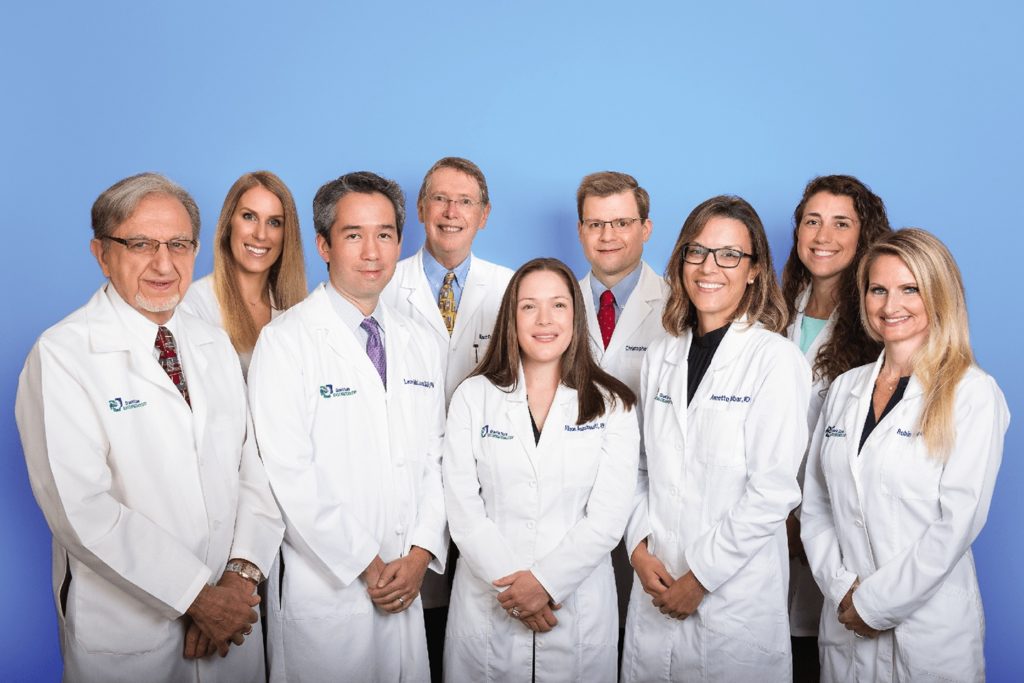When should you see a doctor about GERD?
Contact your doctor if you experience:
- Chest or stomach pain
- Diarrhea
- Bloody or black bowel movements
- Unexplained weight loss
- Nausea or vomiting
- A chronic cough, hoarseness, or wheezing
- Choking or lump in your throat sensations
- Symptoms even after being prescribed and taking heartburn medication
- More frequent heartburn symptoms
- Difficulty swallowing or any pain
If you have experienced any of these symptoms, make an appointment to talk with one of our doctors about treatment for GERD. Treating GERD can help improve your symptoms and overall gastrointestinal health!
4 Reasons Not to Ignore Symptoms of GERD
Acid exposure to the esophagus can result in esophagitis. When it comes to GERD, food, digestive juices, and acid may flow back into the patient’s esophagus. They may experience irritation and swelling, common symptoms of esophagitis. Harmful erosion or scarring may occur on the lining of the esophagus, and patients should make sure to talk to their doctor about treatment options to prevent further damage.
GERD can worsen asthma or pneumonia. GERD may cause shortness of breath or difficulty breathing. Patients should talk to their doctor about lung function and about their medication options when dealing with breathing problems due to GERD, as certain medications can increase a patient’s risk of pneumonia.
GERD can lead to dental problems. If stomach acid or digestive juices enter the mouth, the patient may experience tooth decay. This is caused by a wearing away of tooth enamel. A recent study showed that 40% of GERD patients experienced tooth decay.
Patients may be at risk for esophageal cancer. In serious cases untreated GERD can lead to esophageal cancer. Risk factors for developing this type of cancer include chronic acid reflux, alcohol consumption, and a poor diet.
Patients should talk to their doctor if they are experiencing any symptoms of chronic GERD. Treating GERD can help them improve their overall health and prevent future health complications!
Office Updates


